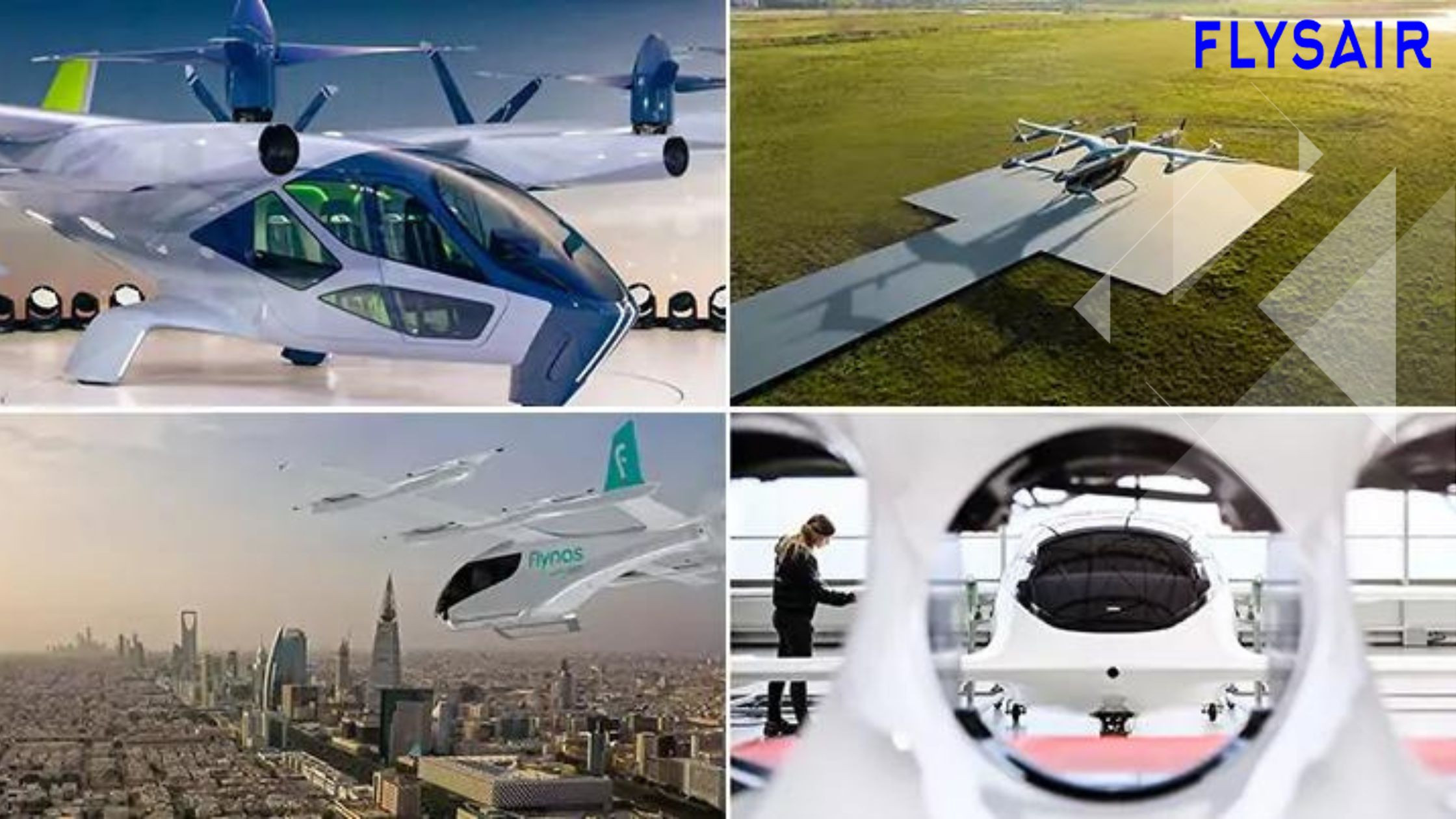The Future of Air Travel: Trends to Watch in 2024
Posted on June 17, 2024 by Admin

The Future of Air Travel: Trends to Watch in 2024
As we look ahead to 2024, the aviation industry is poised for significant transformations driven by technological advancements, sustainability initiatives, and evolving consumer expectations. Here are the key trends shaping the future of air travel and what travelers can expect in the coming year:
1. Sustainable Aviation Initiatives
Overview: Sustainability remains a focal point for airlines and aviation stakeholders as they seek to reduce carbon emissions and environmental impact.
Trends:
- Biofuels and Electric Aircraft: Increased adoption of sustainable aviation fuels (SAFs) and advancements in electric-powered aircraft for greener operations.
- Carbon Offsetting Programs: Implementation of carbon offsetting initiatives to balance out carbon emissions from flights.
- Regulatory Compliance: Compliance with stricter environmental regulations and commitments to achieve carbon neutrality goals.

2. Enhanced Passenger Experience
Overview: Airlines are investing in technologies and services to enhance passenger comfort, convenience, and overall travel experience.
Trends:
- In-Flight Connectivity: Expansion of Wi-Fi services and improved internet connectivity onboard to cater to digital travelers.
- Personalized Travel Experiences: Utilization of AI and big data analytics to offer personalized recommendations and services.
- Health and Wellness: Integration of wellness programs, ergonomic seating, and improved cabin environments to prioritize passenger well-being.
3. Digital Transformation in Airports
Overview: Airports are embracing digital technologies to streamline processes, enhance operational efficiency, and improve the passenger journey.
Trends:
- Biometric Technology: Increased use of biometrics (facial recognition, fingerprint scanning) for seamless and touchless passenger processing.
- Smart Airport Solutions: Implementation of smart airport infrastructure for real-time updates, predictive analytics, and personalized passenger services.
- Contactless Solutions: Adoption of touchless technologies for check-in, security screening, and boarding processes to enhance efficiency and hygiene.
4. Evolution of Business Travel
Overview: The landscape of business travel is evolving with a focus on flexibility, productivity, and sustainability.
Trends:
- Hybrid Work Models: Rise of hybrid work arrangements driving demand for flexible travel schedules and remote work-friendly amenities.
- Corporate Sustainability: Integration of sustainable travel practices into corporate policies, emphasizing eco-friendly options and carbon reduction.
- Digital Nomadism: Increasing acceptance of digital nomadism, leading to longer stays and flexible travel patterns among professionals.

5. Health and Safety Measures
Overview: Continued emphasis on health and safety protocols to ensure passenger well-being amid ongoing global health challenges.
Trends:
- Enhanced Cleaning Protocols: Implementation of enhanced cleaning procedures and disinfection protocols throughout aircraft and airport facilities.
- Air Quality Improvement: Installation of advanced air filtration systems to maintain clean and safe cabin air quality.
- Contactless Solutions: Expansion of touchless technologies for payments, baggage handling, and in-flight services to minimize physical contact.
Faqs
-
1. How will sustainable aviation initiatives affect air travel costs?
Sustainable initiatives may initially impact costs due to investments in new technologies, but long-term benefits include potential savings from fuel efficiency and regulatory compliance.
-
2. Will digital transformation make air travel more efficient?
Yes, digital transformation in airports and airlines aims to streamline processes, reduce wait times, and enhance overall efficiency for passengers.
-
3. What are the benefits of in-flight connectivity for travelers?
In-flight Wi-Fi and connectivity enable passengers to stay connected, work remotely, and enjoy entertainment options, enhancing overall travel experience.
-
4. How can travelers contribute to sustainable air travel?
Travelers can opt for airlines with strong sustainability practices, participate in carbon offset programs, and minimize single-use plastics during their journeys.
-
5. Are biometric technologies safe for use in airports?
Yes, biometric technologies are designed with stringent security measures to protect passenger data and ensure safe and efficient processing at airports.
Recent Post
- Singapore Airlines: Tips for Booking the Best Seats in Economy Class
- The World’s Busiest Airports: Managing High Passenger Volumes
- How Airlines are Enhancing Passenger Experience with Technology
- The Impact of Low-Cost Airlines on the Aviation Industry
- Top 10 Airlines for Customer Service in 2024
- British Airways: Navigating Avios Points for Free Flights
- The Unique Features of Air France’s Premium Economy Class
- The Best Airlines for Group Travel: Discounts and Services
- Tips for Traveling with Disabilities: Airline Policies and Support Services
- How to Upgrade Your Seat Without Breaking the Bank